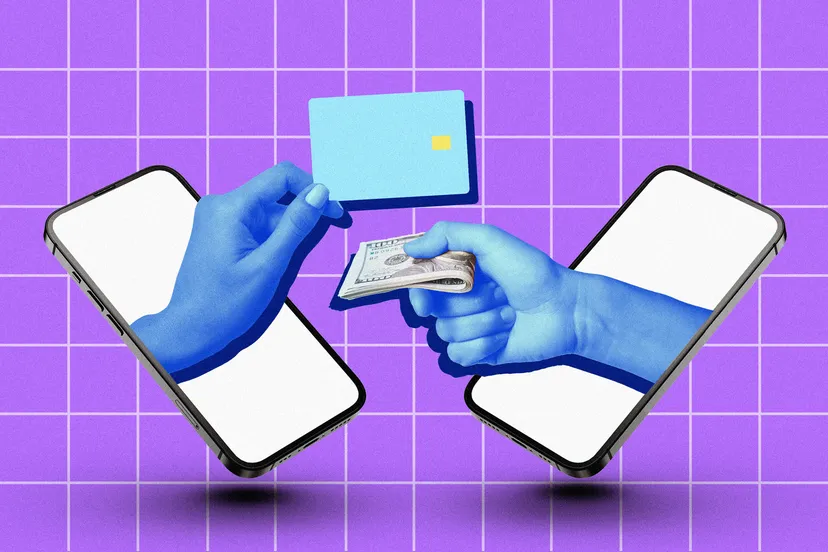
Buy now, pay later services — or BNPL for short — are now beholden to some of the same rules as credit card providers. On Thursday, the Consumer Financial Protection Bureau (CFPB) issued an interpretive rule that classifies BNPL services as credit card providers and requires them to investigate disputed purchases, among other things.
BNPL services let customers purchase a product and then pay for it in a series of interest-free installments. Under the new guidance, BNPL services like Klarna, Afterpay, and Affirm must provide refunds for returned products or canceled services and send periodic billing statements to customers. The CFPB’s decision comes after launching an inquiry into BNPL services, which found that BNPL “is often used as a close substitute for conventional credit cards.”
Some BNPL services say they’re already meeting the criteria laid out by the CFPB. In a post on its blog, Klarna said the company works to protect customers by covering refunds, investigating customer disputes, and providing purchase information. However, the company still takes issue with the CFPB’s classification of BNPL as credit cards.
“The CFPB’s announcement is a significant step forward in regulating BNPL, which Klarna has actively called for over many years,” Klarna spokesperson John Craske tells The Verge. “But it is baffling that the CFPB has overlooked the fundamental differences between interest-free BNPL and credit cards, whose whole business model is based on trapping customers into a cycle of paying sky-high interest rates month after month.”
Meanwhile, Affirm CEO Max Levchin said in a thread on X that the company is “pleased that the Bureau is promoting consistent industry standards (many of which already reflect how Affirm operates).”
BNPL services have risen in popularity as credit card interest rates continue to skyrocket. (That popularity has even led Apple to create a BNPL service of its own.) However, there are reports suggesting that BNPL could lead some people to overspend and rack up debt. As pointed out by this report from CNBC, it’s hard to tell just how many people are in the red because BNPL services don’t need to report loans to credit reporting agencies.
























